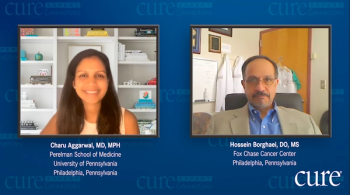
The difference between tissue and liquid biopsies used in non-small cell lung cancer, and what patients should know about their results and treatment decision-making.

The difference between tissue and liquid biopsies used in non-small cell lung cancer, and what patients should know about their results and treatment decision-making.
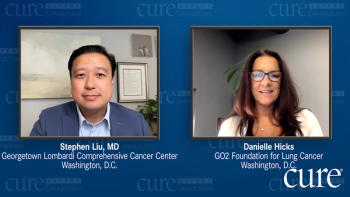
Stephen Liu, MD, and Danielle Hicks describe the purpose and the importance of biomarker testing in non-small cell lung cancer.
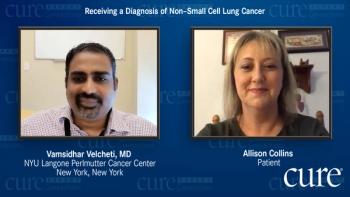
Shared insight on novel treatments for non-small cell lung cancer and how patients should advocate for themselves and seek best available care.

Allison Collins shares her experience undergoing a break from therapy after she responded well to treatment for non-small cell lung cancer.
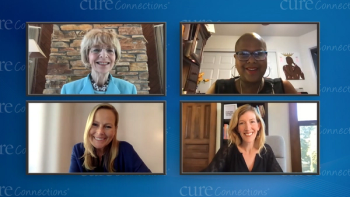
The panel discusses the social impact of metastatic breast cancer diagnosis on the relationships in their lives.

Shirley Mertz, MA, JD, Lisa Laudico, and Sheila McGlown share their stories of being diagnosed with metastatic breast cancer.
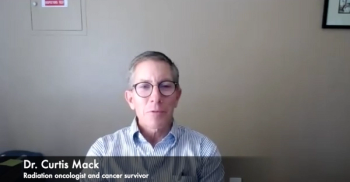
After undergoing treatment for leukemia in the middle of his career as a radiation oncologist, Dr. Curtis Mack noticed that he became a more empathetic and patient doctor.

What patients need to know about molecular testing and treatment decisions in non-small cell lung cancer.

Reactions to low rates of molecular testing for patients with non-small cell lung cancer in community settings.

A brief discussion on the importance of enrolling in clinical trials and when that may be an option in non-small cell lung cancer.

An in-depth explanation of biomarkers in non-small cell lung cancer, particularly how they can affect the disease and treatment options.

Allison Collins reflects on the genetic testing she underwent after receiving a non-small cell lung cancer diagnosis and describes the treatment options presented to her at that time.

CURE®’s first episode of our new cooking show is finally here! We’ll give step-by-step instructions for three delicious recipes to support readers through every step of the cancer process.
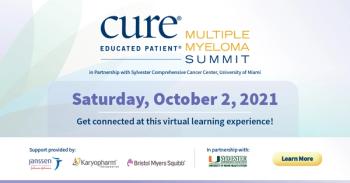
View the full CURE® Educated Patient® Multiple Myeloma Summit in Partnership with Sylvester Comprehensive Cancer Center, University of Miami on demand.

Dr. Vamsidhar Velcheti provides an expert’s insight on the testing and staging that must be performed during a diagnosis of non-small cell lung cancer.

Drs. Charu Aggarwal and Hossein Borghaei comment on the importance of having predictive and prognostic biomarkers in non-small cell lung cancer and highlight their approaches to testing patients prior to initiating therapy.

Considerations for the emotional impact of a lung cancer diagnosis and how patients can be supported during their treatment journey.

Approaches that can help lung oncologists discuss symptoms and risk factors of non-small cell lung cancer with patients and their loved ones.

Allison Collins describes her diagnosis with KRAS-positive non-small cell lung cancer and the symptoms that led her to seek medical attention.
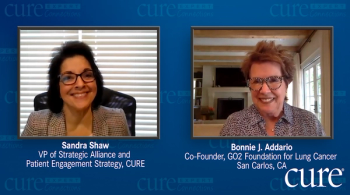
Ms. Addario, lung cancer survivor, encourages patients with non-small cell lung cancer to use all the resources and tools that are available to them.

Challenges surrounding the screening of high-risk patients for lung cancer in the community.

Ms. Addario shares the promising hope for patients with lung cancer and describes the steps in the process of biomarker testing for patients with lung cancer.

Advances in non-small cell lung cancer that have helped lung oncologists make more informed treatment decisions with patients.

Treating patients with lung cancer by identifying specific biomarkers to use the correct combination therapy and what it means for a biomarker to be actionable.
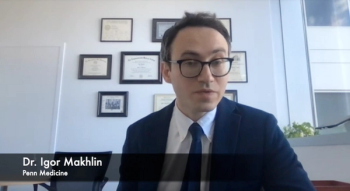
Knowledge and open communication are key to creating a competent cancer care team and ensuring better outcomes.
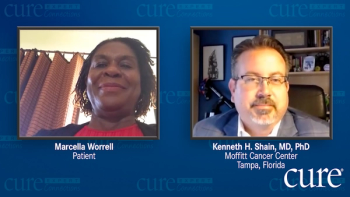
Shared insight on the importance of support networks, both medical and personal, in the treatment journey of multiple myeloma.

Taking her own experience with multiple myeloma into account, Marcella shares how she learned to live with the disease by practicing good health and communication habits.
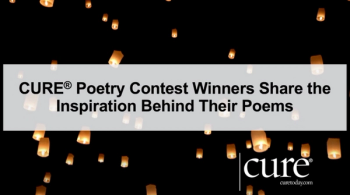
The CURE® Poetry Contest winners explain what inspired each of their poems, from the death of a friend and oncologist who treated one survivor’s cancer to the emotional experience of losing hair during treatment.
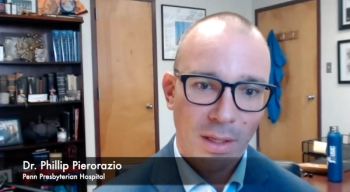
Patients and caregivers of those with kidney cancer can become active members in their care by staying up to date on the latest treatments and medical advances.
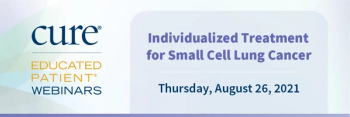
View the full CURE® Educated Patient® Webinar: Treatment and Care for Thyroid Cancer on demand.